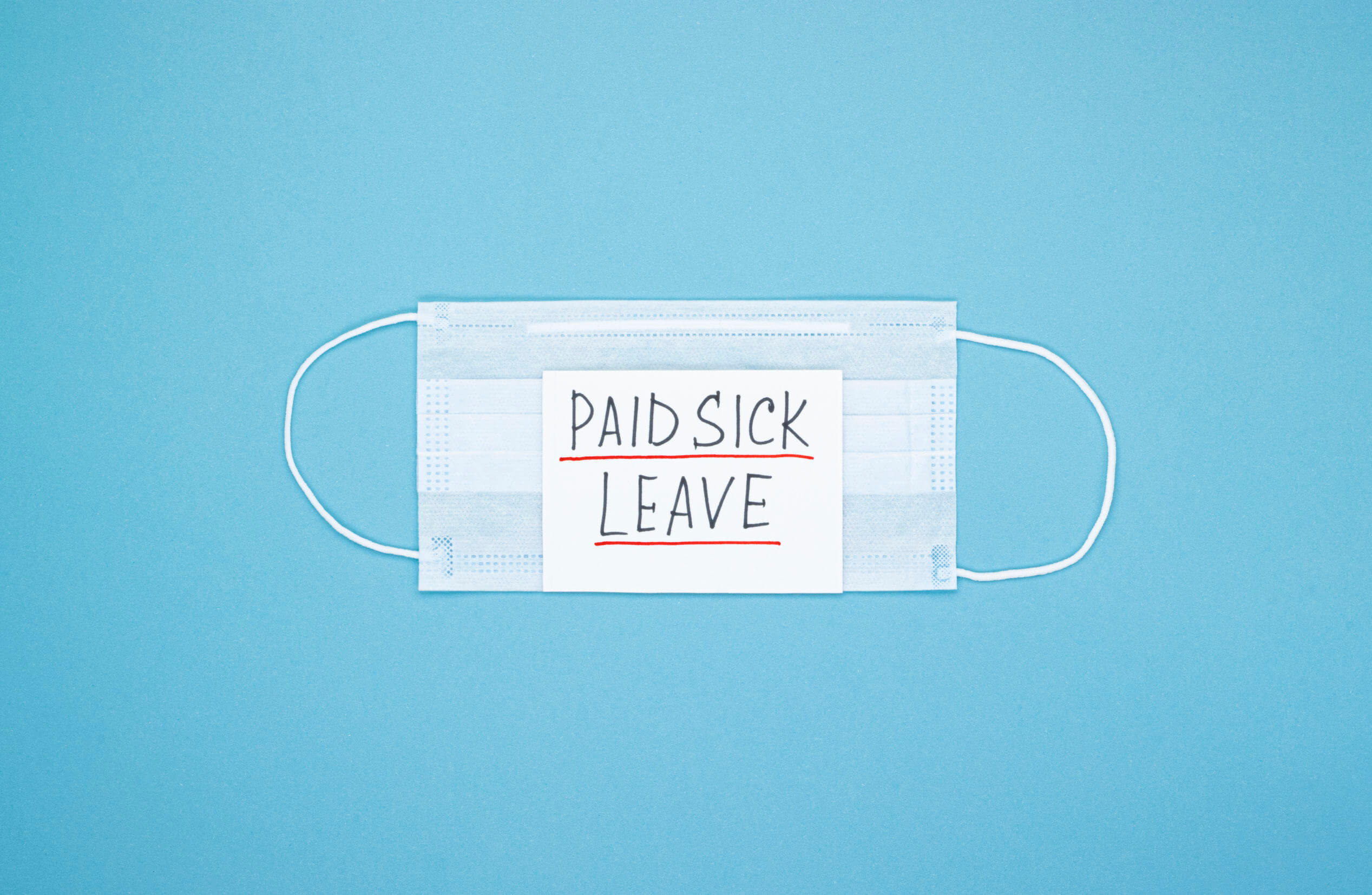The rise of COVID has shone a spotlight on an often-overlooked employment benefit. Paid sick leave helps employees get through hard times, whether they’re actually sick or just need to self-isolate. Employees without paid sick leave face a desperate choice: stay home and forfeit your kids’ grocery budget, or go to work and infect your colleagues and friends.
In the pandemic, sick leave emerged early as a fault line. In Canada and the United States, paid sick leave is essentially an executive perk: there is no national right to paid sick leave, although some U.S. states have established their own paid-leave policies. In May, the Toronto-based Workers’ Action Centre called on the federal government to require 10 days of statutory paid sick leave for businesses across Canada. Later that month, Ottawa started just such a dialogue with the provinces, which hold jurisdiction over labour standards.
A new study conducted by Corporate Knights shows the need for sick leave is urgent. After researching more than 850 publicly traded companies in 43 countries, CK’s researchers concluded that 31 of those countries, mainly in Europe, provide sufficient sick-leave policies (generally defined as offering at least 10 days’ paid leave). Canada, the U.S., South Korea and Ireland were among the 12 countries whose sick-leave policies were judged insufficient.
In Canada, 28% of the companies studied were judged to offer sufficient paid-leave policies. In the U.S., that figure was just 18%.
The report says white-collar industries are the most likely to offer sick leave. The highest incidence was found in technology companies, 39% of whom offer sufficient paid-sick leave. Runners-up were health care (31%), communications (29%), and financials (28%). The stragglers include industrial companies, consumer products and services, and materials suppliers.
Even the pandemic didn’t change things much. According to the survey, just 10.4% of companies upgraded their paid sick-leave policies in their home country for COVID-19. Canada led the charge in this category, with 15% of local companies implementing COVID-related leave policies. The U.K. came a close second, with 14.8%, followed by the U.S. (12.6%) and Japan (12.5%).
Why does all this matter? According to the U.S. Department of Labor, 24% of civilian workers, or 33.6 million Americans, do not have paid sick leave. Moreover, 92% of high-earning employees can access paid sick leave, compared to just 31% of the lowest-paid employees. These lower-paid workers, of course, are the ones whose livelihoods are most at risk if they fall ill. And as they work disproportionately in the retail, fast food and manual-labour markets, these workers are very likely to infect others if they choose not to stay home.
Paid leave is good business. A 2017 study in the Journal of Public Economics showed that when U.S. cities mandated paid sick leave for workers, they experienced up to 40% declines in seasonal flu rates. Another 2017 study found that providing paid sick leave could have saved American employers up to $1.9 billion a year in reduced absenteeism from influenza-related diseases. In the age of COVID, the benefits of paid sick leave matter more than ever.
Read the full report here. For inquiries about acquiring full datasets, please contact research@corporateknights.com.
Rick Spence is a business writer, speaker and consultant in Toronto specializing in entrepreneurship, innovation and growth.







